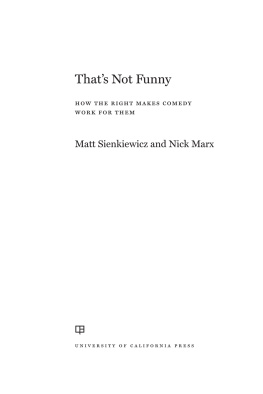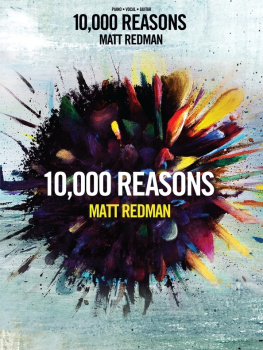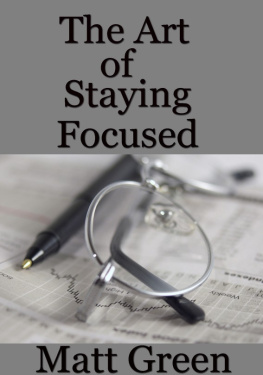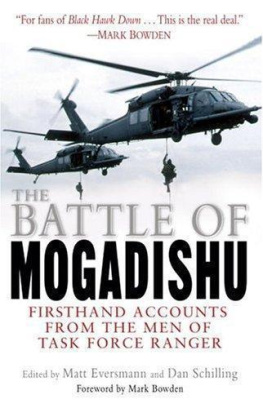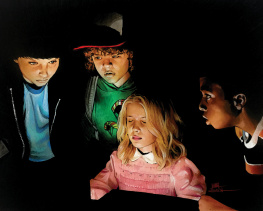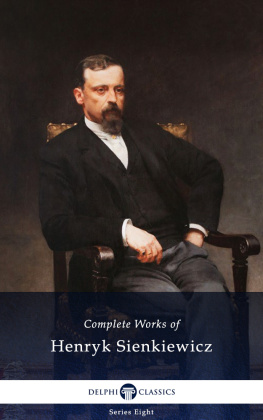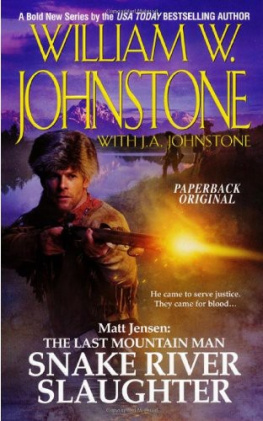The Other Air Force
War Culture
Edited by Daniel Leonard Bernardi
Books in this new series address the myriad ways in which warfare informs diverse cultural practices, as well as the way cultural practicesfrom cinema to social mediainform the practice of warfare. They illuminate the insights and limitations of critical theories that describe, explain, and politicize the phenomena of war culture. Traversing both national and intellectual borders, authors from a wide range of fields and disciplines collectively examine the articulation of war, its everyday practices, and its impact on individuals and societies throughout modern history.
Brenda M. Boyle and Jeehyun Lim, eds., Looking Back on the Vietnam War: Twenty-first-Century Perspectives
Aaron Michael Kerner, Torture Porn in the Wake of 9/11: Horror, Exploitation, and the Cinema of Sensation
Nan Levinson, War Is Not a Game: The New Antiwar Soldiers and the Movement They Built
Matt Sienkiewicz, The Other Air Force: U.S. Efforts to Reshape Middle Eastern Media Since 9/11
The Other Air Force
U.S. Efforts to Reshape Middle Eastern Media Since 9/11
Matt Sienkiewicz
Rutgers University Press
New Brunswick, New Jersey, and London
Library of Congress Cataloging-in-Publication Data
Names: Sienkiewicz, Matt, author.
Title: The other air force : U.S. efforts to reshape Middle Eastern media since 9/11 / Matt Sienkiewicz.
Description: New Brunswick, New Jersey : Rutgers University Press, 2016. | Series: War culture | Includes bibliographical references and index.
Identifiers: LCCN 2016003239 | ISBN 9780813577999 (hardcover : alk. paper) | ISBN 9780813577982 (pbk. : alk. paper) | ISBN 9780813578002 (e-book (epub)) | ISBN 9780813578019 (e-book (web pdf))
Subjects: LCSH: Mass mediaPolitical aspectsMiddle East. | Mass media policyMiddle East. | Mass mediaMiddle EastInfluence. | Technical assistance, AmericanMiddle East. | Economic assistance, AmericanMiddle East. | Middle EastCivilizationAmerican influences.
Classification: LCC P92.M5 S54 2016 | DDC 302.230956/09051dc23
LC record available at http://lccn.loc.gov/2016003239
A British Cataloging-in-Publication record for this book is available from the British Library.
Copyright 2016 by Matt Sienkiewicz
All rights reserved
No part of this book may be reproduced or utilized in any form or by any means, electronic or mechanical, or by any information storage and retrieval system, without written permission from the publisher. Please contact Rutgers University Press, 106 Somerset Street, New Brunswick, NJ 08901. The only exception to this prohibition is fair use as defined by U.S. copyright law.
Visit our website: http://rutgerspress.rutgers.edu
To Carrie and Leon and to Ricardo and Michaelour friendship makes me think the world might some day get a little better.
Contents
This book would have been impossible without the help and support of Carrie, Mom, Dad, Papa (zl), Nana (zl), Kayla, Emily, Olive, and Noah.
It would have been much less pleasant to write and a lot harder to read without the help of Joe Sousa, Michael Curtin, Michele Hilmes, Jonathan Gray, Mary Beltran, Uli Schamiloglu, Helga Tawil-Souri, Leslie Mitchner, Daniel Bernardi, Dina Matar, Nick Marx, Kyle Conway, Aswin Punathambekar, Ben Aslinger, Sreya Mitra, James Miller, Max Inhoff, Bridgette McDermott, Julia Biango, Michael Atkinson, and Ben Henry.
Translation and consultation from Razan Salemeh, Tawos Khan, Mohammed Abu Haltam, and Mateen Ahmadi were crucial in this books creation. Also, thats a list of great people.
The generosity of Amira Hanania, Muhammed Fawzi Ganaiem, Raed Othman, Zabihullah Jalili, Dr. Anwar Jamili, Farida Nekzad, Adam Kaplan, George Papagiannis, and many other people interviewed for this book can never be repaid. Thank you for it.
All photographs that appear in this book were taken by the author.
Soft-Psy Media as U.S. Strategy
America is not a subtle nation. This is particularly true in the worlds of media production and Middle East policy, two fields that have rapidly converged over the past two decades. Since 9/11, the broad strokes of U.S. military and political activity in the region spanning from North Africa to Pakistan have, too often, appeared as brash and as full of plot holes as the loudest summer blockbuster. There is thus a temptation to offer definitive, pessimistic analyses of American intervention and go no further. As Iraq smolders and splinters, it seems sufficient to describe the decades-long war as a disastrous brew of classical hubris and postmodern empire. As Afghanistans nascent democracy trembles, it feels necessary to reaffirm the impossibility and ill wisdom of imposing revolution from without. As Israels occupation of the West Bank and Gaza Strip approaches its sixth decade, it appears obvious enough that America has neither the domestic will nor the international dexterity to push for a stable peace. Although these stories are far more complex than such dismissals suggest, they paint a powerful picture of American failure in the region.
One might thus assume that Americas media strategy in the Middle East must be similarly plagued by ideological rigidity, overreaching ambition, and tone-deafness to local needs. At times, indeed, it has. There is no shortage of examples illustrating Americas spotty record of trying to shape Middle Eastern minds through media projects. After the Islamic Revolution, the CIA operated the clandestine Free Voice of Iran radio station, disguising American voices as Iranian and fooling fewif anyinto counterrevolutionary action. Given these results, one could be forgiven for viewing media as yet another field in which America has failed either to help Middle Eastern populations or to convert its unparalleled might into the more desirable currencies of sympathy and obedience.
However, since 9/11, American attempts to influence the Middle East by funding local media productions have, quite often, been flexible, multifaceted projects. Furthermore, they have produced varied and, yes, sometimes subtle results. In particular, this dynamic emerges in U.S.-supported media efforts in Afghanistan and Palestine, two spaces that represent rather different approaches to American political and military engagement. Of course, it is impossible to discuss media intervention without invoking media imperialismthe notion that America has long used its position of cultural hegemony to spread ideological messages across the world. Certainly, America wields a level of military, political, and economic power that constantly inscribes itself on programs produced with U.S. dollars. However, in defiance of orthodox media imperialist understandings, the contemporary American system of media support is one that embraces and depends on important levels of local agency, while nonetheless aiming to assert U.S. hegemony. The opportunities presented by American media-assistance projects in places such as Afghanistan and Palestine result in complex media texts that display surprising levels of personal and communal expression on the part of Middle Eastern producers.
Although much of the U.S. power apparatus desires Middle Eastern media that will parrot American perspectives, this is no longer the sole, or even dominant, strategy in the region. Instead, the encouragement of certain media




